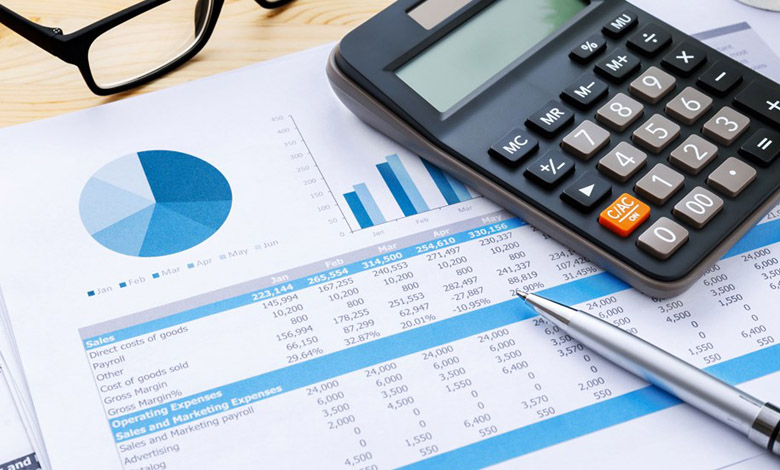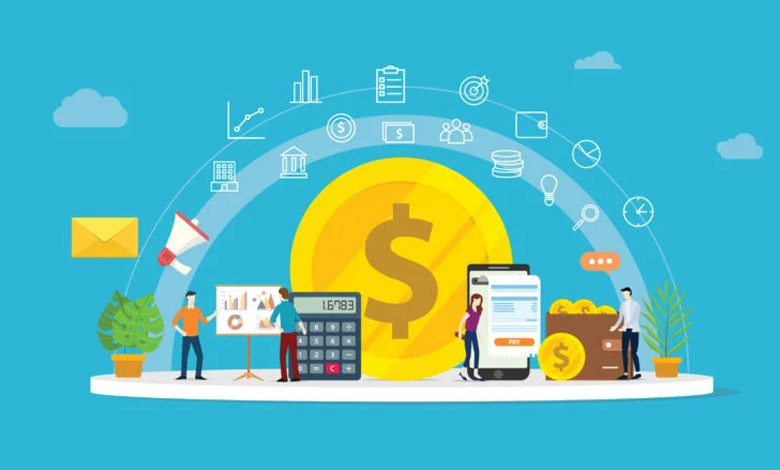If you have recently conducted a credit rating check and found that you have a poor or average credit score, you might wonder how your credit rating is calculated. It can be difficult for many consumers to understand the factors that determine a credit score. Although the exact algorithm used to calculate FICO scores is not available to the public, there are several types of information contained in your credit report that can increase or decrease your rating. A different "weight" is assigned to each type of information, which means that one type of data can have a more dramatic effect on your creditworthiness than another.
Payment history: Information regarding your payment history makes up 35 percent of your credit rating. How you handle your payments as they become due can have a major impact on your overall score. Payment history includes the number of late payments you have made, the frequency of the late payments, and the severity of the delinquencies. A single payment made 30 days late will likely only impact your score for about six months. A 90-day delinquency, on the other hand, can have a much more far-reaching effect. Likewise, if you consistently make your payments late every month or are behind on multiple accounts, you can expect to be saddled with a low credit rating for at least a couple of years.
Keep in mind that late payments lose their impact as they age. An account that is currently 90 days delinquent will ruin your credit rating. If you were 90 days behind two years ago and have since kept the account current, though, the delinquency will have a much milder impact on your creditworthiness.
The amount of debt you owe: Naturally, the higher your debt load, the less attractive you will be to potential lenders. The amount of debt you owe makes up 30 percent of your credit score. Keep in mind that this amount is compared against your total credit limit. Assuming that you have the income to handle the debt, a £2,900 balance on an account with a £10,000 credit limit would not likely cause significant damage to your credit score; conversely, the same balance on an account with a £3,000 credit limit would substantially impact your credit rating. As you might expect, overlimit accounts are even more damaging.
The length of your credit history: 15 percent of your credit score comes from how long you have maintained credit accounts. If you have just started building your credit profile, this area will suffer; however, if you have several years of responsible credit use, your score will be significantly higher with all other elements being equal. Of course, there is little you can do to improve this area besides having patience and using credit responsibly.
Your credit mix: Some types of credit are considered preferable to others. A £100,000 mortgage loan, for example, is viewed as "good" credit and will allow you to maintain a high score in this area. A £100,000 unsecured debt, conversely, is considered "bad" credit. Ideally, secured debt should make up at least 50 to 75 percent of your credit mix, with the remainder being made up of credit cards and other unsecured accounts. Your credit mix makes up 10 percent of your score.
New credit accounts: The final 10 percent of your credit rating is determined by how many new accounts you have opened within the past 12 months. In order to protect this area of your credit score, you should aim to open no more than one new credit account within a 12-month period. If you open two or more accounts within a short period of time, your credit rating will likely suffer.
The key to improving your credit score is determining what area you can work on most effectively and devoting your efforts to that area. For example, if you have a history of late payments, bringing your accounts current and continuing to make future payments on time can do wonders for your credit rating. If high debt is the problem, work on paying down one account at a time until you reduce your overall debt to a manageable level. Also, conduct a credit rating check periodically to make sure your efforts are paying off.



